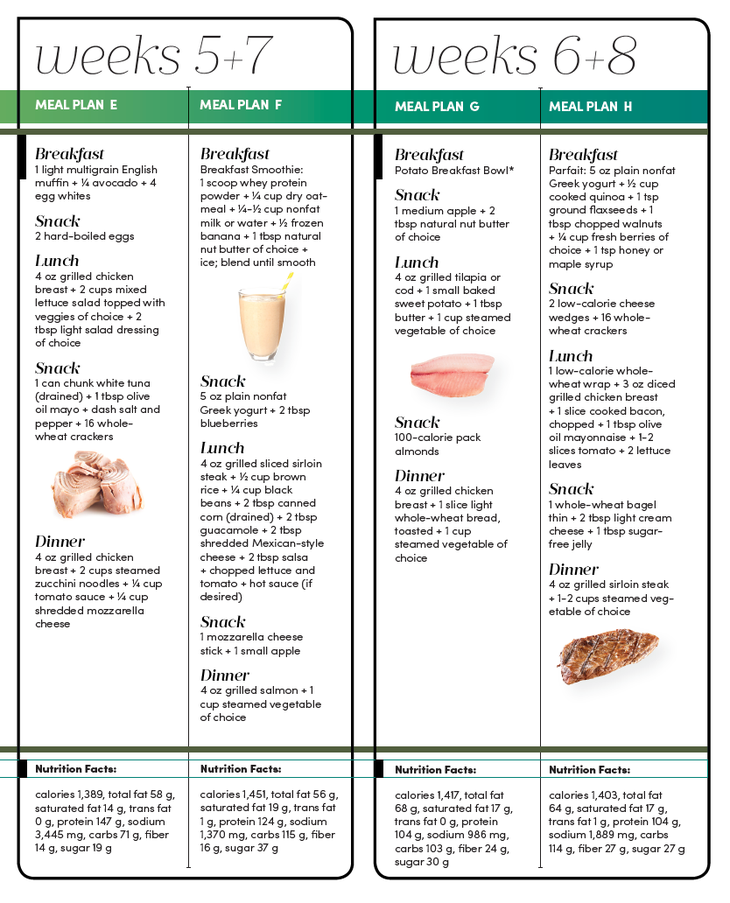Shop At Haya: Your Ultimate Shopping Guide
Discover the best shopping tips, trends, and deals for a smarter buying experience.
Bulk Like a Pro: Feeding the Gains
Unlock the secrets to serious muscle growth! Discover expert tips on bulking effectively and fueling your gains like a pro.
The Ultimate Guide to Bulk Like a Pro: Nutrition Essentials
When it comes to bulking effectively, understanding the nutrition essentials is paramount. A well-rounded diet that focuses on calorie surplus, adequate protein intake, and balanced macro ratios will set the foundation for muscle growth. Start by calculating your daily caloric needs and aim for an increase of around 250-500 calories daily to promote weight gain while minimizing fat accumulation. Incorporate sources of complex carbohydrates, such as whole grains, fruits, and vegetables, which provide the necessary energy for intense workouts.
Equally important is protein consumption, as it plays a vital role in muscle recovery and hypertrophy. Aim for approximately 1.6 to 2.2 grams of protein per kilogram of body weight. Great sources include lean meats, eggs, dairy products, legumes, and plant-based protein powders. Additionally, don’t overlook the importance of healthy fats; include foods rich in omega-3 and omega-6 fatty acids, such as avocados, nuts, and fish, to support overall health and hormone production. Remember to stay hydrated and consider timing your meals around your workouts for optimal results.

Top 5 Protein Sources for Maximum Muscle Gains
When it comes to maximum muscle gains, protein is an essential nutrient that your body needs to repair and build muscle tissue. There are various protein sources available, but some stand out for their efficiency and effectiveness. Here are the top 5 protein sources you should consider incorporating into your diet:
- Chicken Breast - Lean and packed with protein, chicken breast is a favorite among bodybuilders due to its high protein content and low-fat composition.
- Eggs - Known as a complete protein, eggs provide all nine essential amino acids and are incredibly versatile for any meal.
- Greek Yogurt - This dairy option is not only rich in protein but also contains probiotics, making it beneficial for digestion.
- Lentils - For those preferring plant-based protein, lentils are a powerhouse, offering a great mix of protein and fiber.
- Fish (like Salmon) - Besides being an excellent source of protein, fish like salmon also provide omega-3 fatty acids, which are beneficial for reducing inflammation.
Common Bulking Mistakes: Are You Eating Enough?
When it comes to bulking, one of the most significant common bulking mistakes is not consuming enough calories. Many individuals aspiring to build muscle often underestimate their caloric needs, leading to insufficient energy intake. This misconception can hinder muscle growth and prevent you from reaching your fitness goals. To effectively bulk, it’s crucial to calculate your total daily energy expenditure (TDEE) and ensure you’re eating above that threshold. As a general guideline, aim for a caloric surplus of 250-500 calories per day to fuel muscle growth without excessive fat gain.
Another prevalent error is not prioritizing macronutrient balance in your diet. While some may focus solely on increasing calories, they often overlook the importance of macronutrients—proteins, fats, and carbohydrates. A well-rounded diet should include:
- Protein: Essential for muscle repair and growth. Aim for at least 1.6 grams of protein per kilogram of body weight.
- Carbohydrates: Your primary energy source, which helps with performance and recovery. It’s recommended to consume complex carbs such as oats and brown rice.
- Healthy Fats: Important for hormone production and overall health. Include sources like avocados, nuts, and olive oil in your diet.
By addressing these common bulking mistakes, you can optimize your nutrition and achieve the desired results more efficiently.